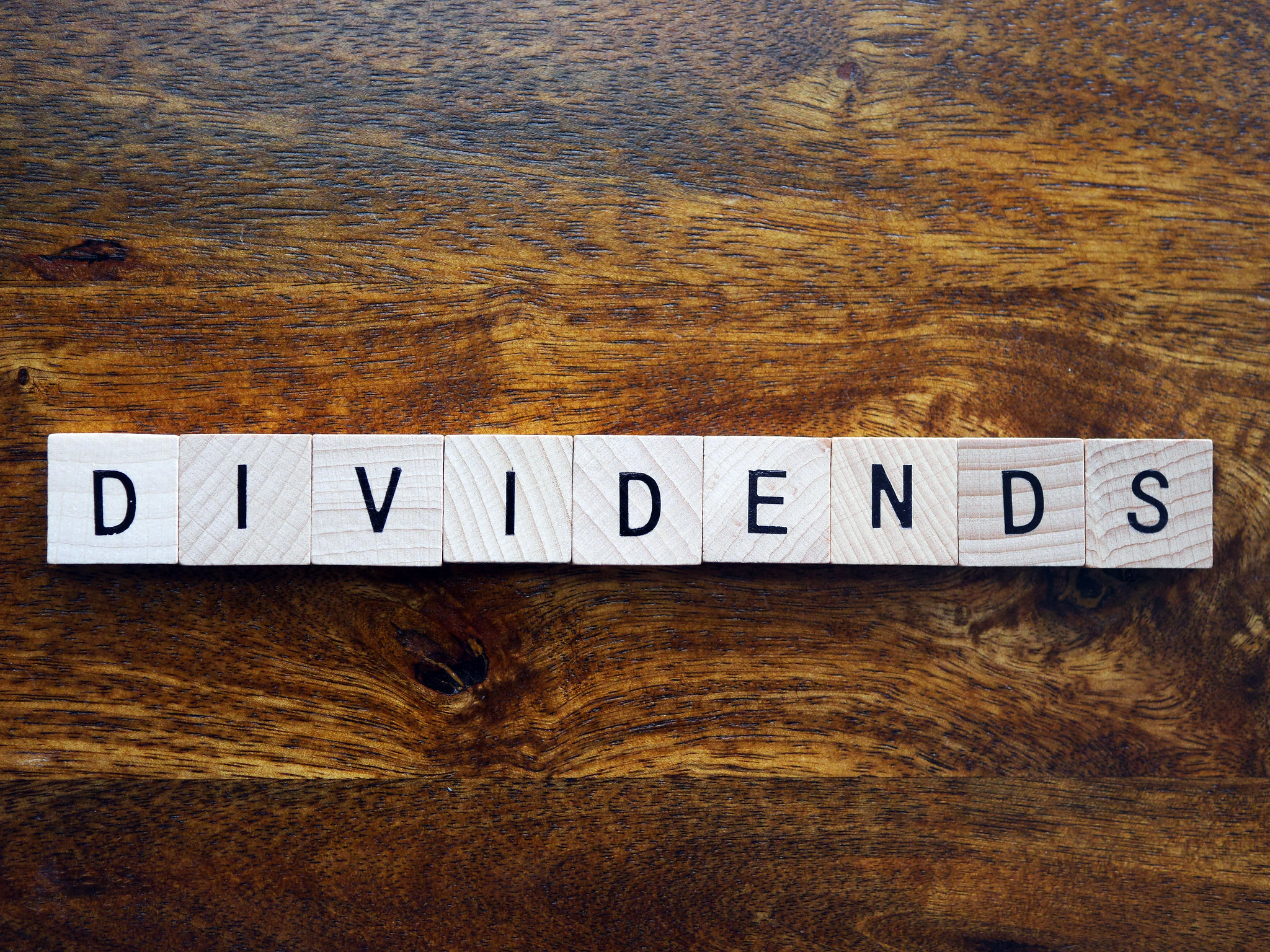Photo Credit: Simon Cunningham || Not paying a dividend does not create an enforceable claim, as happens when an interest payment is not made.
Don’t get me wrong, I love dividends. I even have a money management strategy based off of them. But I know that dividends are more fickle than most of their fans admit. The infatuation that some money managers have with dividends is misplaced. To say that “Dividends don’t lie,” is an overstatement. Yes, the check will clear, and you get money, but that does not mean that the next dividend will get paid.
I have always said that reliable dividends flow from businesses with predictable free cash flow. As such, I don’t look for dividends, but free cash flow. As a check on that, I watch debt levels in the companies that I own. If the debt levels are persistently increasing as a fraction of assets, it is likely a sign that the company is borrowing to pay the dividend.
Borrowing to pay the dividend — an old phrase, dating back to the 1970s and prior. Companies know that a consistent and growing dividend attracts investors. They are reluctant to not grow the dividend, much less cut it, lest massive selling take place. But businesses have their limits, and paying a dividend beyond those limits leads to an eventual dividend cut.
No management team will admit to being uncomfortable with its dividend payout. The Fed may as well admit that they don’t know what they are doing. It’s not gonna happen. But prior to a surprise dividend cut, the company will borrow more, probably hoping that business will rebound, and that the increased dividend will be sustainable.
In the 1970s, there were many dividend cuts. At the end of the 70s there was no cachet to dividends. With interest rates so high, income was to be found in bonds, even if inflation was going to the sky.
I remember the 1970s even if I was a teenager then. I was gifted two bits of stock in the 1960s, and the companies paid their dividends until they failed. I remember taking my dividend checks to the bank to add to my savings account. I still knew that the two stocks I had been gifted, Magnavox and Litton Industries, were disappointments that had given me less than the value of when the stocks were purchased.
In a significant recession, many companies will cut their dividends in order to avoid bankruptcy. Dividends are subject to the boom/bust cycle as much as any other aspect of corporate behavior.
This is why I say be careful regarding dividends. We are in a bull market now, with prices near the recent peak. Financing is plentiful and cheap. As Buffett has said:
Only when the tide goes out do you discover who’s been swimming naked.
brainyquote.com/quotes/warren_buffett_383933
Summary
My main point to you is this: don’t assume that dividends are automatic. Test the companies whose stock you want to buy to see that they have adequate capacity to pay the dividends, and that they are not borrowing to pay them.
I like my dividend portfolios. They are roughly half as volatile as the market, and have had decent returns. But I don’t blindly trust the dividends that companies pay as if they are an obligation. Be wary and analyze the safety of the dividends that you are paid.


5 thoughts on “Dividends *Can* Lie”